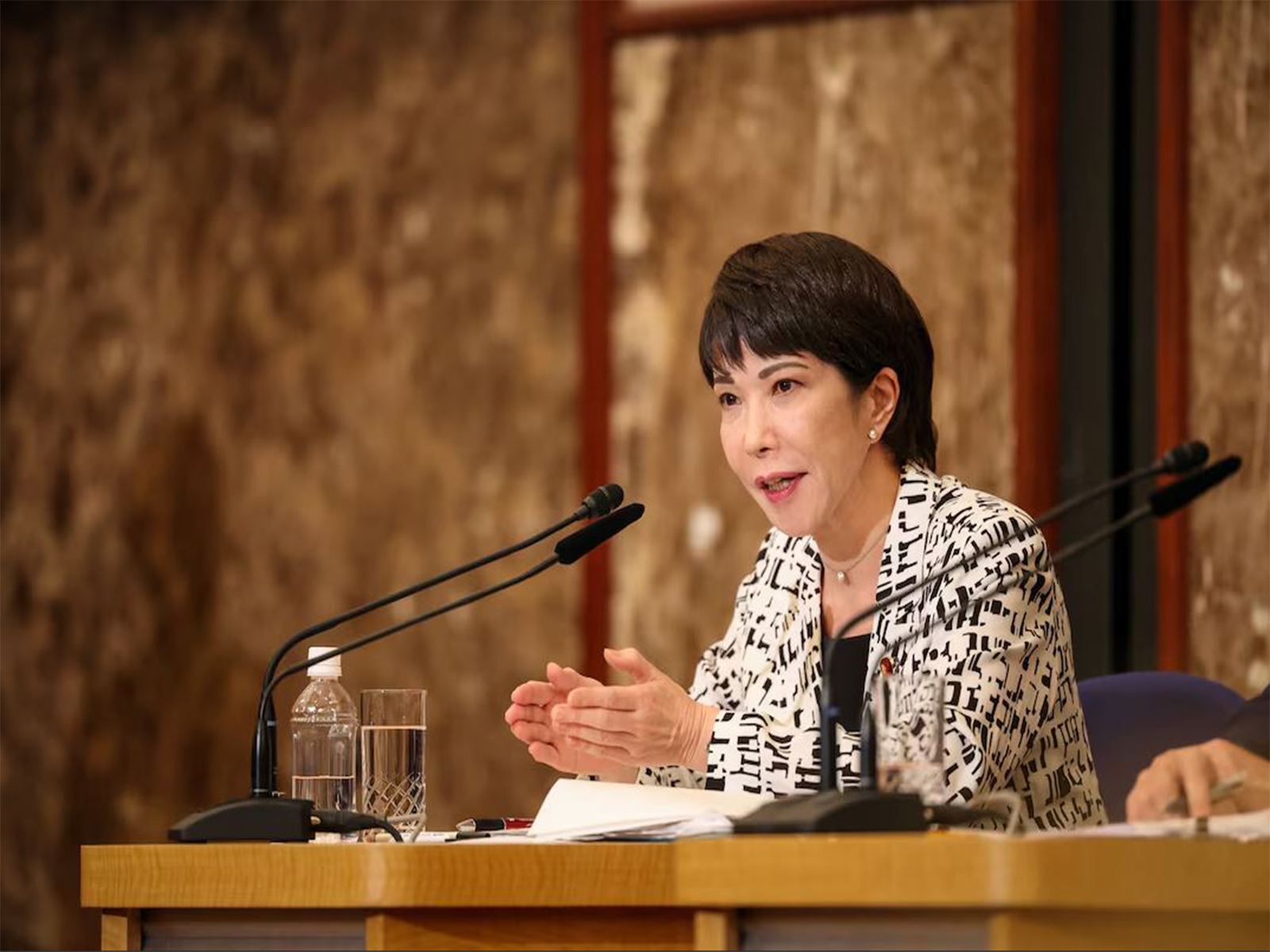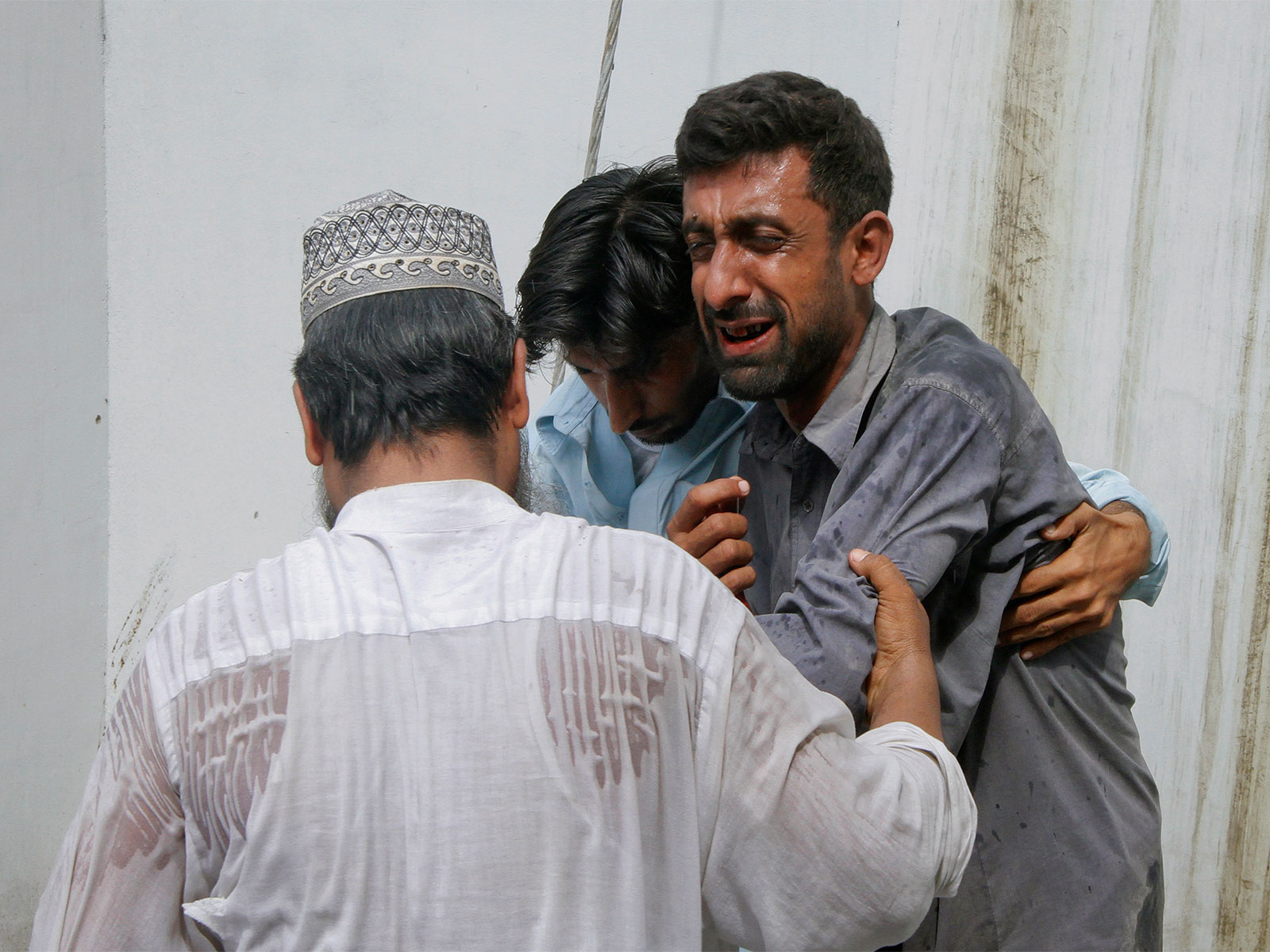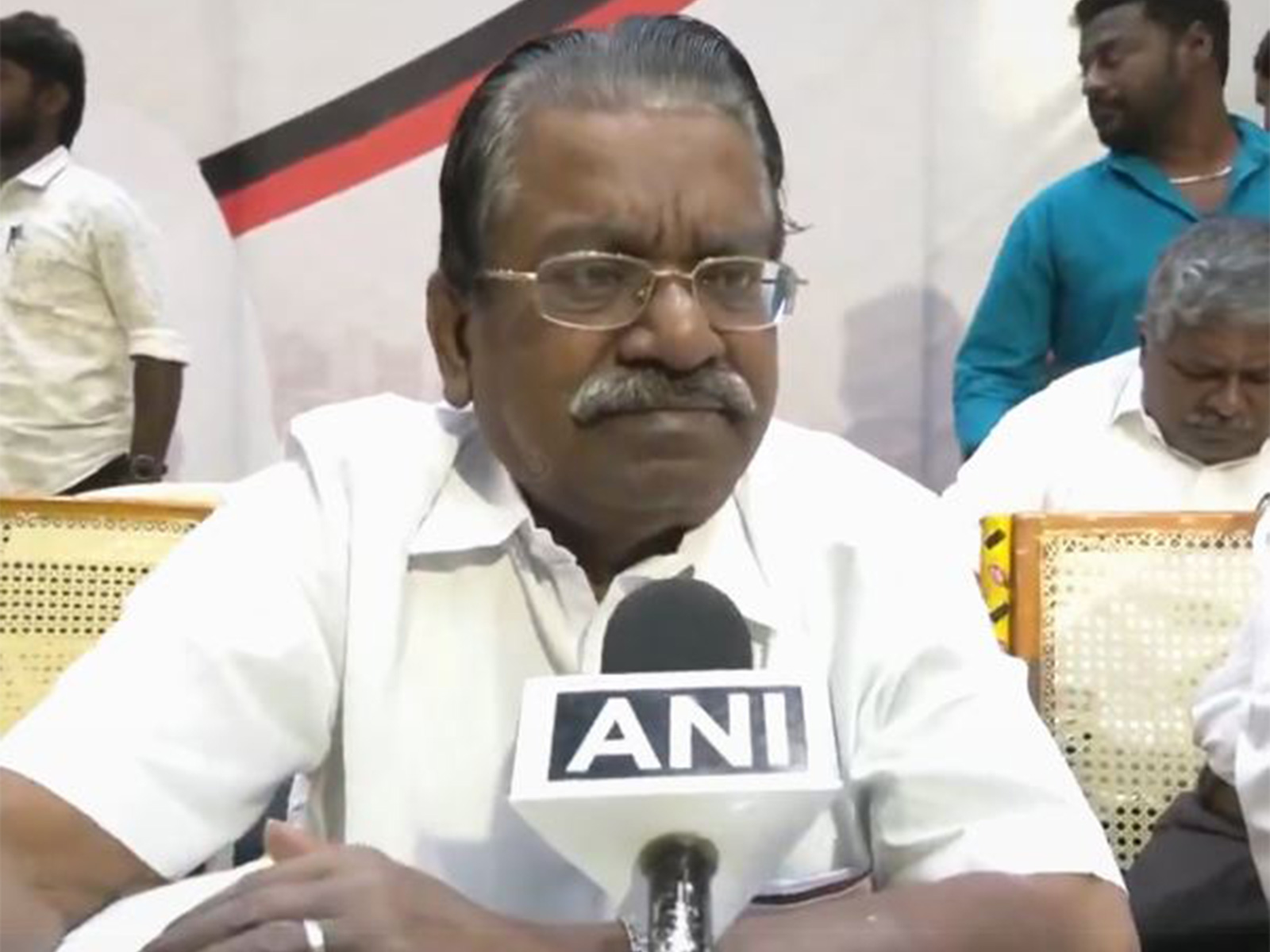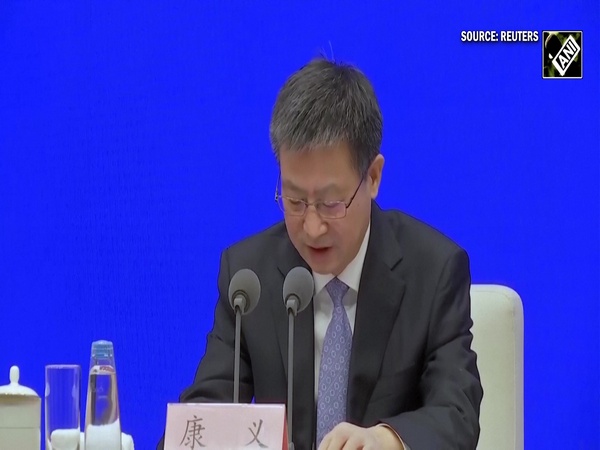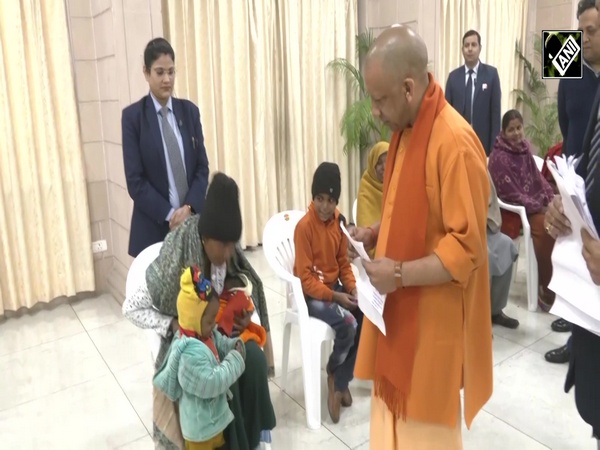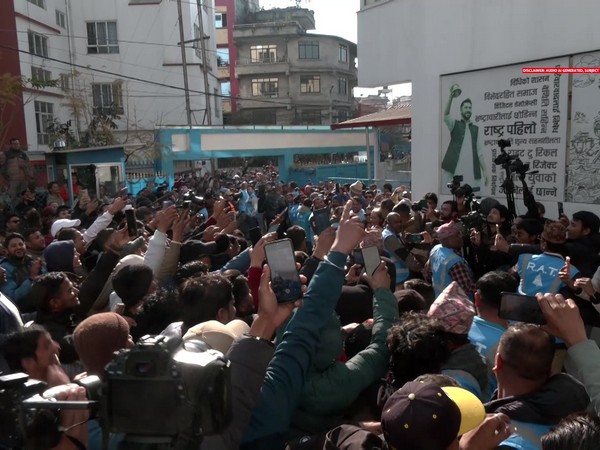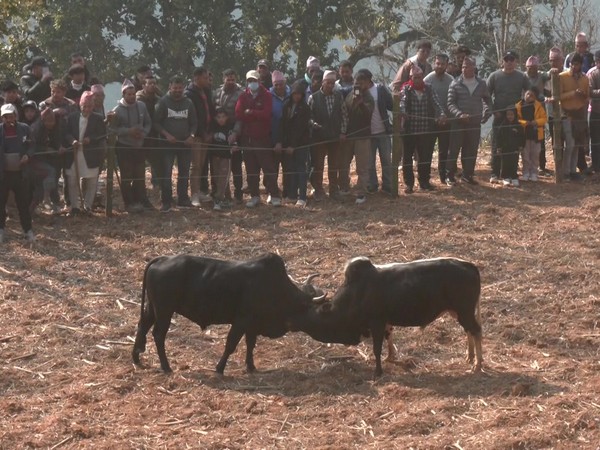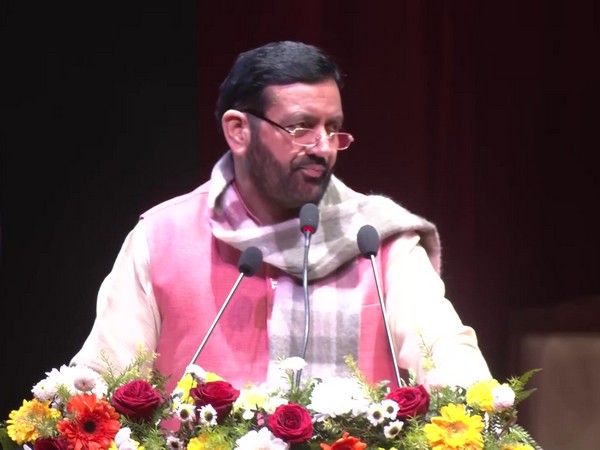Kazan Declaration: BRICS leaders condemn terrorism in all forms, call for comprehensive approach at global level
Oct 23, 2024

Kazan [Russia], October 23 : The leaders of the BRICS nations issued an unequivocal condemnation of terrorism at the Kazan Declaration, adopted at the conclusion of the 16th BRICS Summit on Wednesday, and emphasised the need for global cooperation to combat this threat.
Russian President Vladimir Putin announced that the declaration has been approved by all member nations and will be distributed to the United Nations as a key expression of global multipolarity.
The declaration unequivocally condemns terrorism in all its forms, reaffirming that it should not be associated with any religion, nationality, civilisation, or ethnic group.
"We reiterate our unequivocal condemnation of terrorism in all its forms and manifestations, whenever, wherever, and by whomsoever committed, while reaffirming that it should not be associated with any religion, nationality, civilisation, or ethnic group," the Kazan Declaration stated.
The joint statement further emphasises the need for a comprehensive and balanced approach to address terrorism at global and regional levels, respecting national priorities and sovereignty.
"We emphasise that terrorism is a common threat, which requires a comprehensive and balanced approach at global and regional levels with due regard to the national priorities of states," the declaration added.
The leaders also called for expedited finalisation and adoption of the Comprehensive Convention on International Terrorism within the UN framework and concerted actions against all UN-designated terrorists and terrorist entities and affirmed, "We call for concerted actions against all UN-designated terrorists and terrorist entities."
The leaders also emphasise the need for an urgent peaceful settlement in Afghanistan in order to strengthen regional security and stability.
"We advocate for Afghanistan as an independent, united and peaceful state free from terrorism, war and drugs. We urge for more visible and verifiable measures in Afghanistan to ensure that the territory of Afghanistan is not used by terrorists. We stress the need to provide urgent and uninterrupted humanitarian assistance to the Afghan people and to safeguard the fundamental rights of all Afghans, including women, girls and different ethnic groups," the Kazan declaration read.
"We call on Afghanistan authorities to reverse the effective ban on girl's secondary and higher education. We emphasise the primary and effective role of regional platforms and neighbouring countries of Afghanistan and welcome the efforts of such regional platforms and initiatives to facilitate the Afghan settlement," it added.
In a united stance against terrorism, the BRICS nations have pledged to further strengthen practical counter-terrorism cooperation.
"We look forward to further strengthening practical counter-terrorism cooperation. We welcome the activities of the BRICS Counter-Terrorism Working Group (CTWG) and its five subgroups based upon the BRICS Counter-Terrorism Strategy and the BRICS Counter-Terrorism Action Plan, including the adoption of the CTWG Position Paper," the BRICS leaders stated.
"We reiterate our commitment to preventing and combating illicit financial flows, money laundering, terrorism financing, drug trafficking, corruption and the misuse of new technologies, including cryptocurrencies, for illegal and terrorist purposes. We reaffirm our commitment to the principles of technical and non-politicised nature of international anti-criminal cooperation, including for the purpose of preventing and establishing financial traces of these crimes. We note the need to further strengthen such cooperation based on the relevant international legal instruments to which BRICS countries are parties, including relevant UN conventions and resolutions, regional conventions and treaties," the statement added.
The BRICS leaders also called for an enhanced dialogue within BRICS on the issues of money laundering and countering the financing of terrorism with the participation of relevant stakeholders and emphasised the importance of creating conditions for the safe development of the younger generation, reducing the risk of their involvement in illegal activities and welcoming the development of relevant international projects with the participation of young people.


